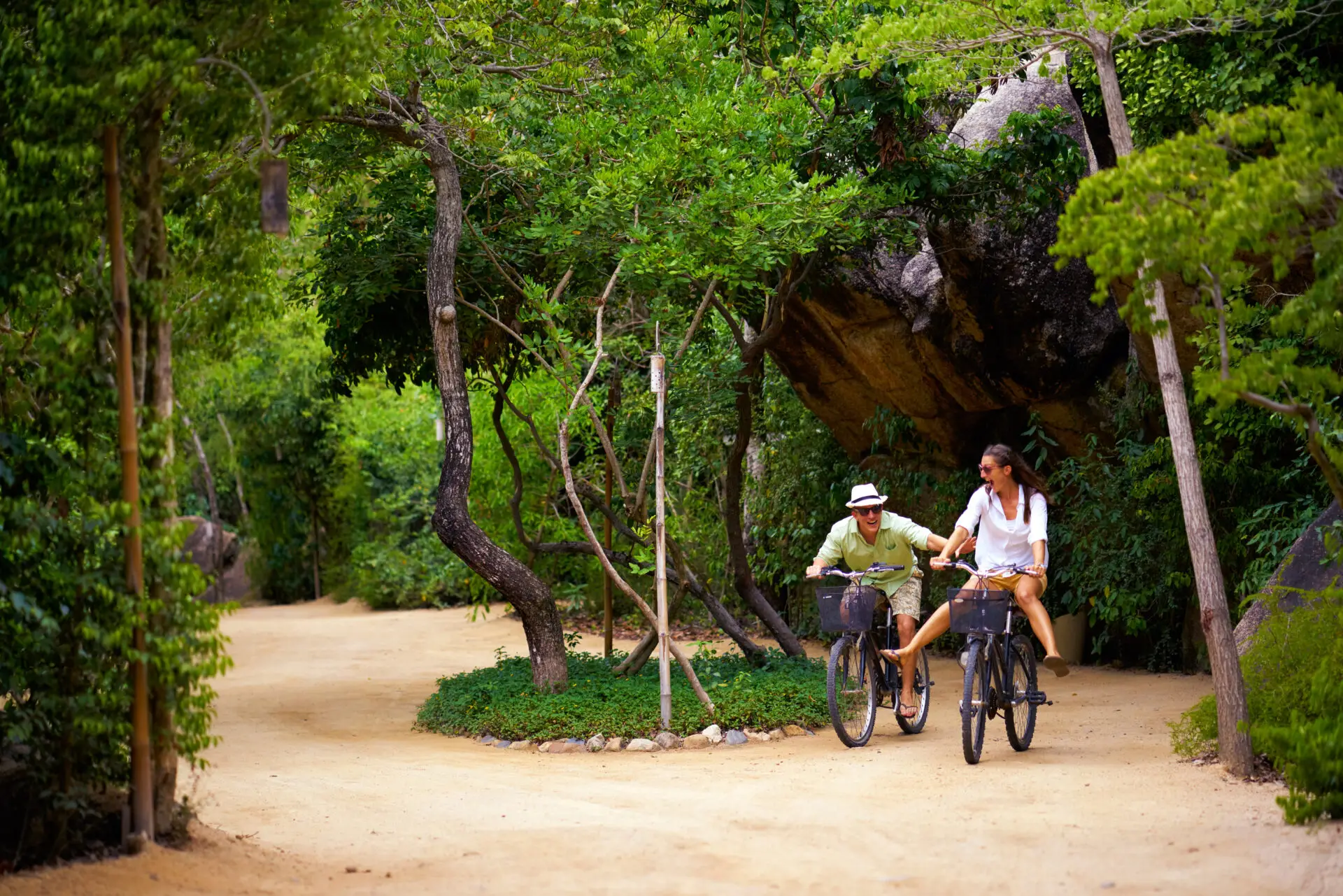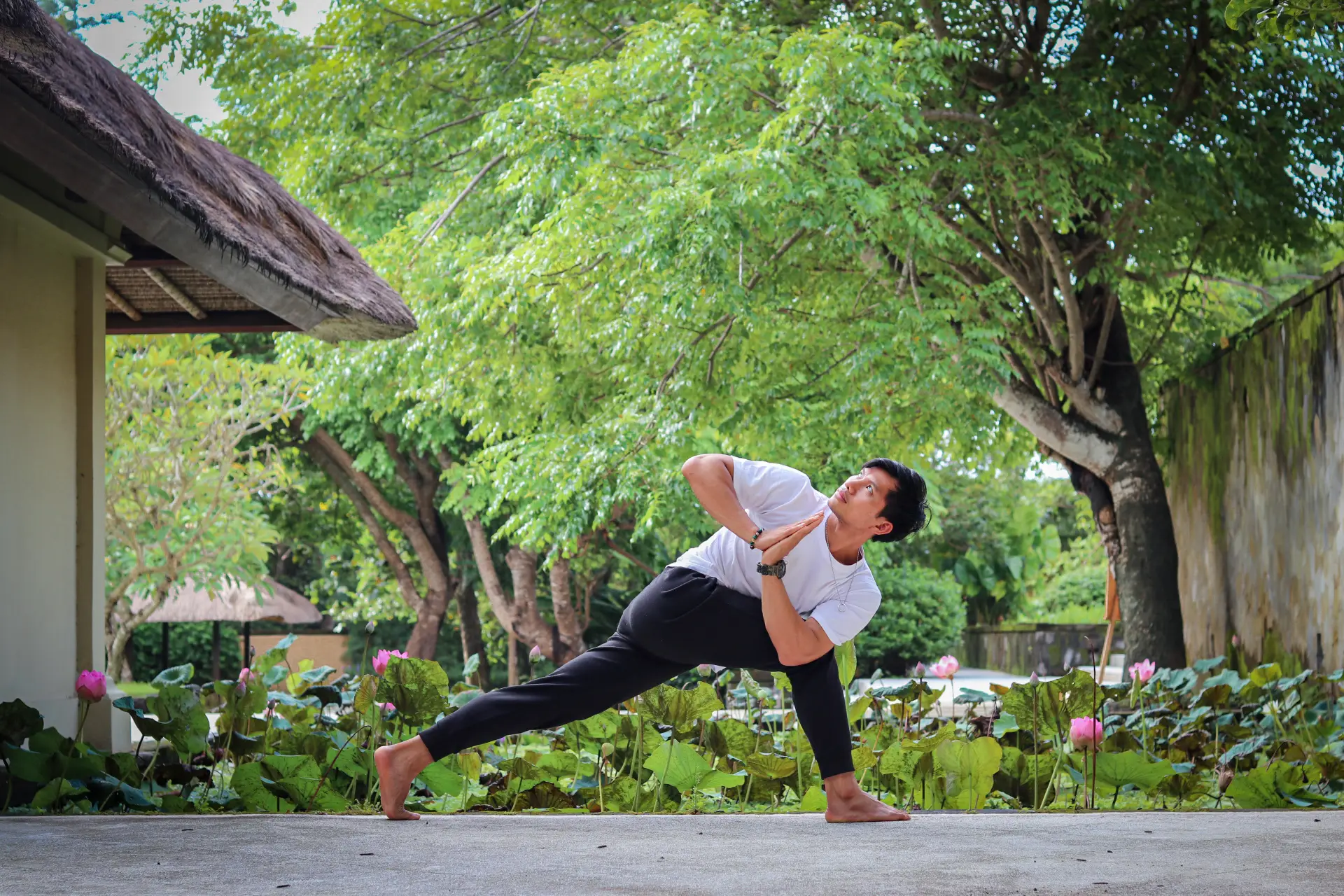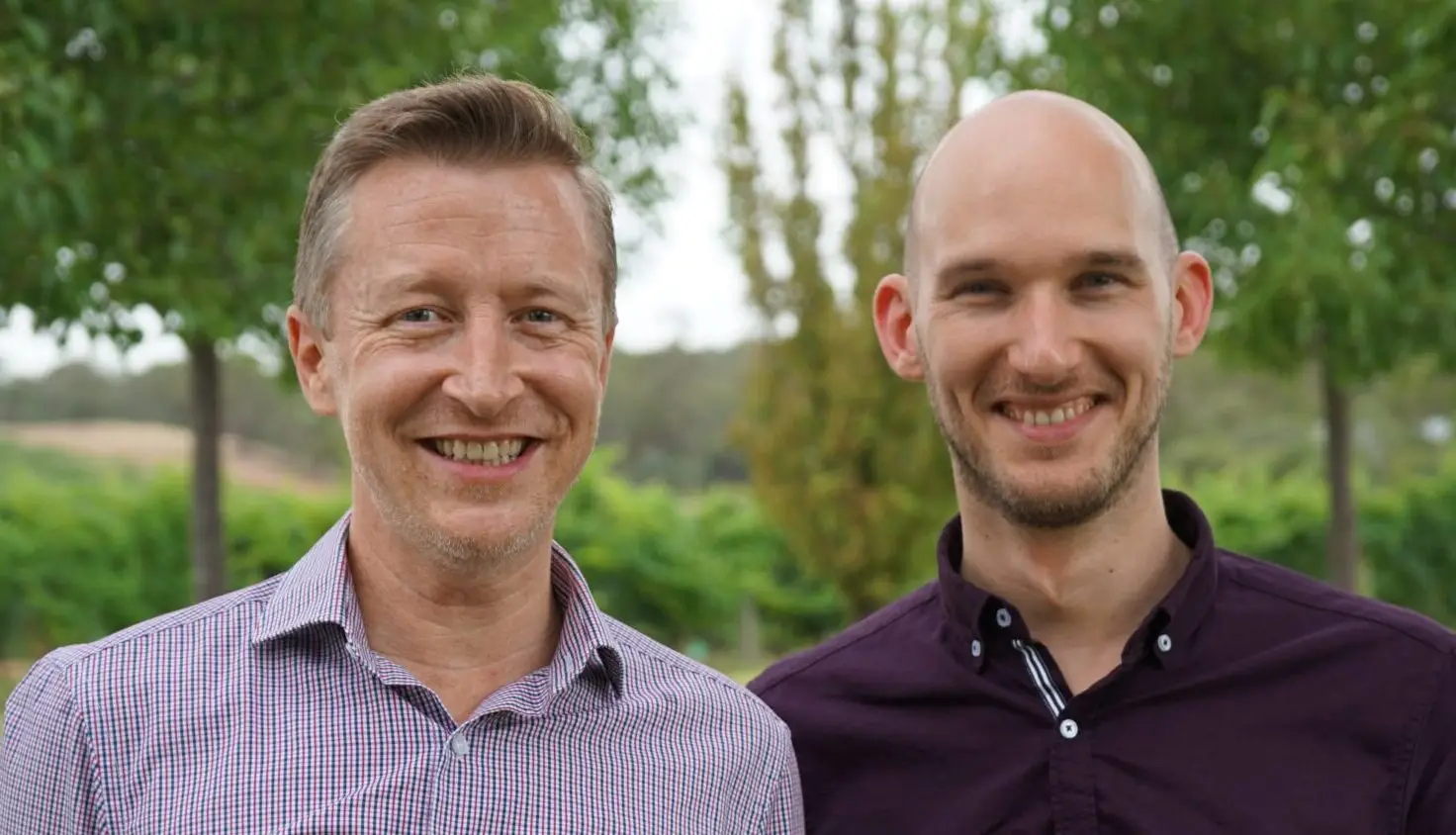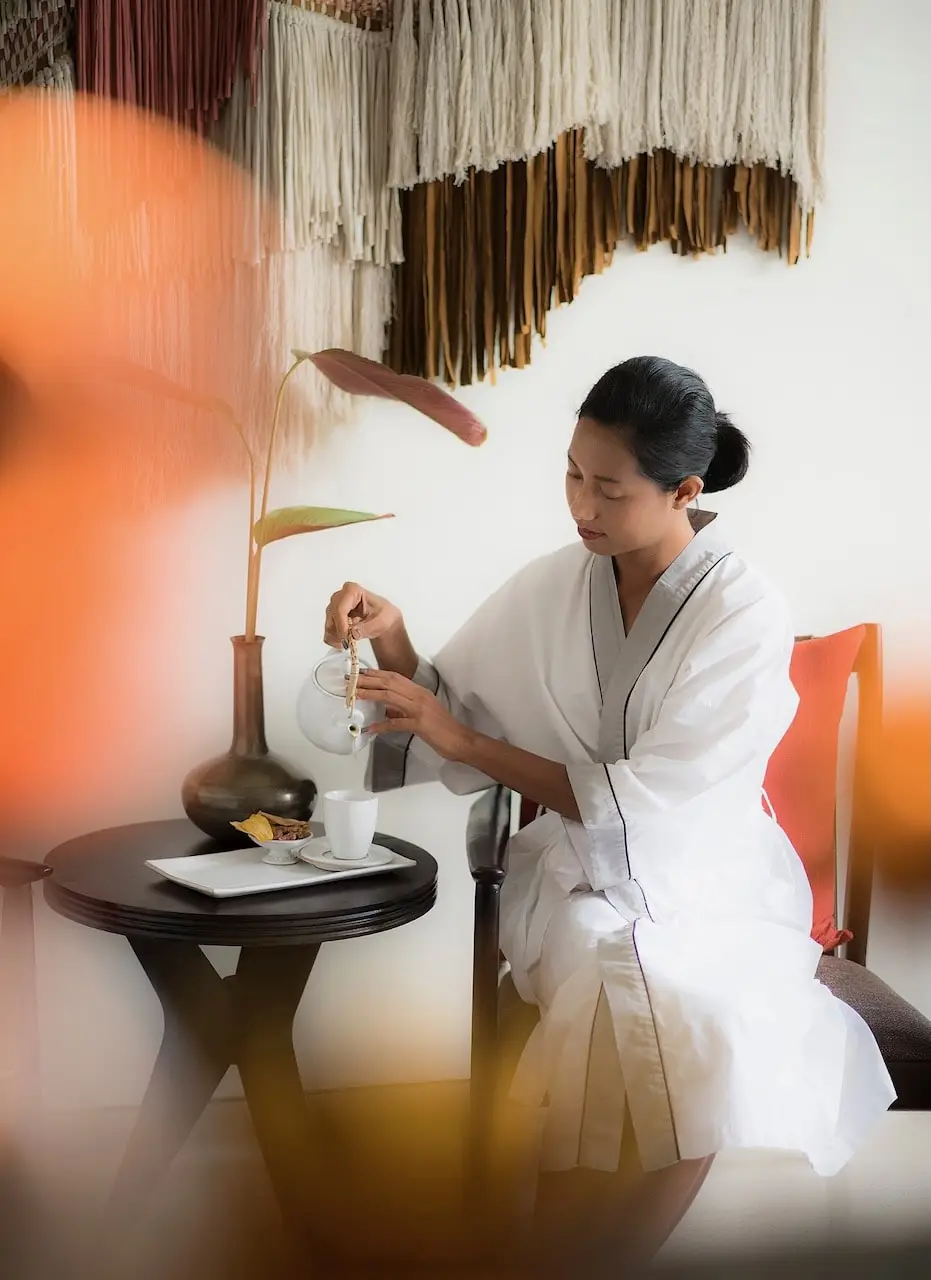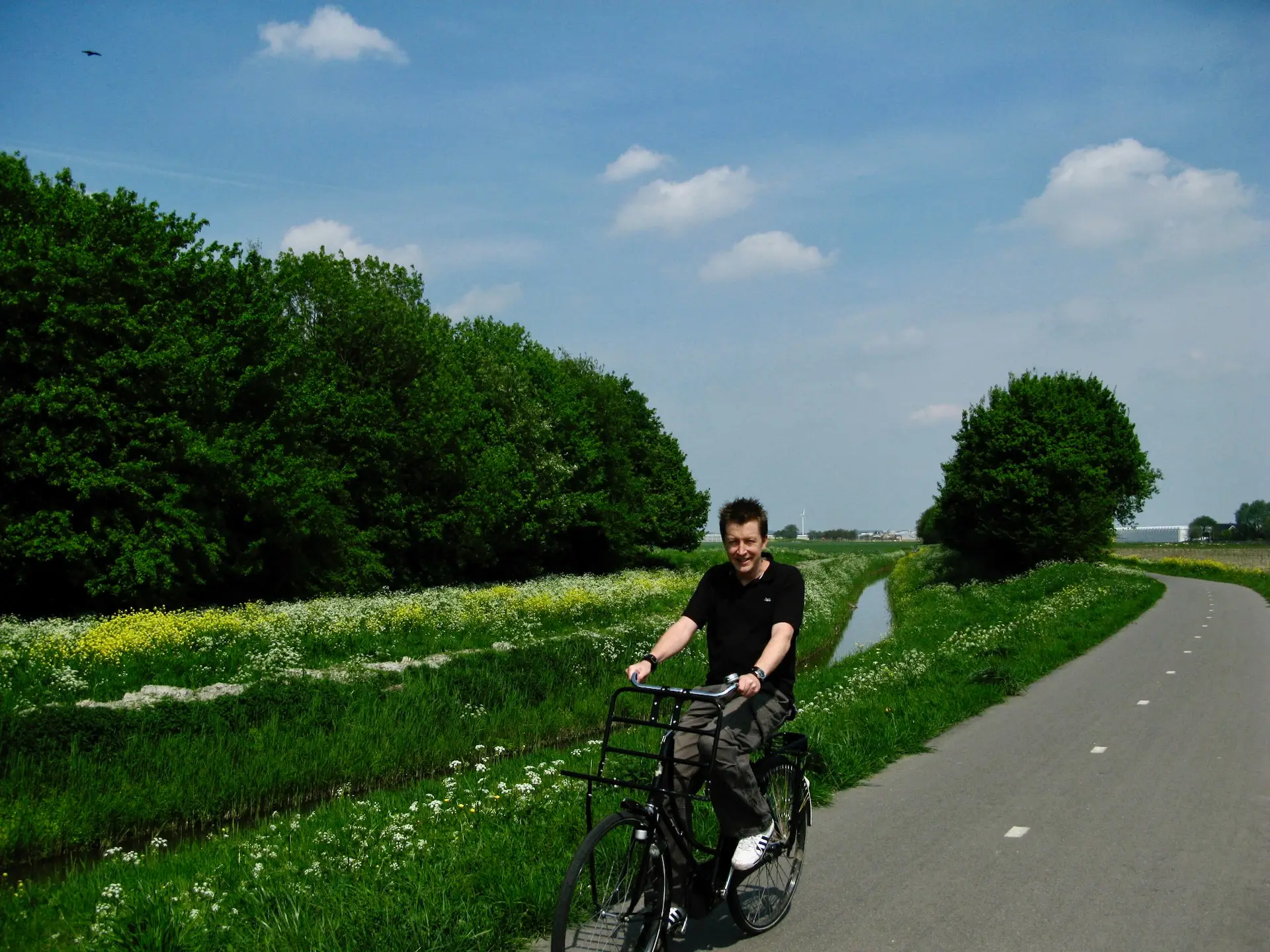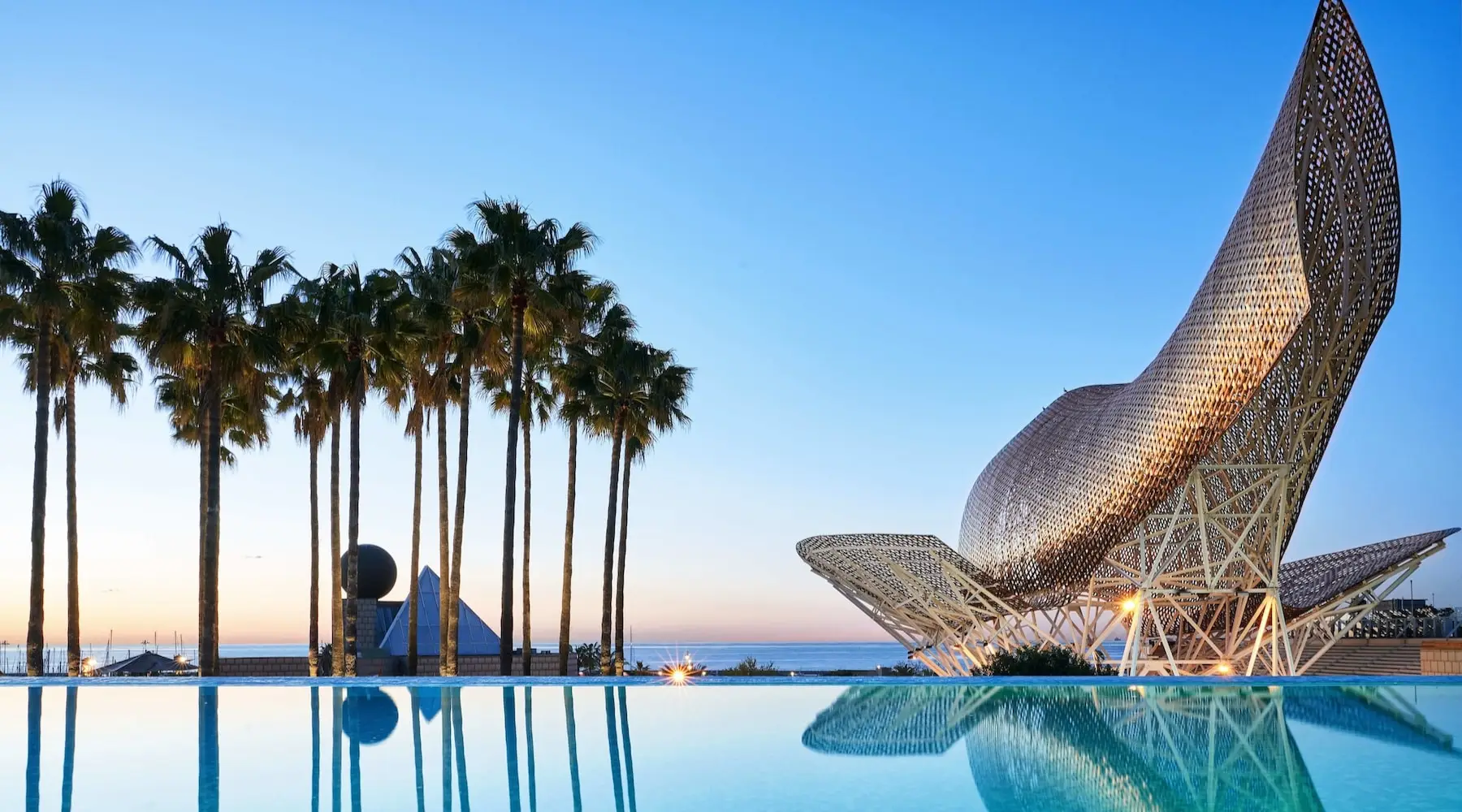There was a time when I, too, wore my busyness like a badge of honour. Meetings, emails, deadlines, flights—every moment accounted for, my calendar packed to the brim. If I wasn’t exhausted, I wasn’t working hard enough. And in our Western world, isn’t that the goal? To be important enough to always be needed, always in motion?
Yet, if we strip away the noise and be truly honest with ourselves, is busyness really what we aspire to?
The Illusion of Productivity
We live in a society that equates busyness with success. We glorify the grind, celebrate overwork, and measure worth in output. We’ve turned exhaustion into a status symbol, a twisted metric of ambition. “How have you been?” someone asks. “Oh, so busy,” we reply with a weary smile, as if winning some invisible competition.

But what are we actually winning? Research into burnout shows that excessive busyness doesn’t just make us tired—it makes us inefficient. A study published in the Journal of Occupational Health Psychology found that chronic overwork leads to diminished productivity, increased errors, and declining cognitive function. Meanwhile, the World Health Organization now officially recognizes burnout as an occupational phenomenon, linking it to anxiety, depression, and even cardiovascular disease.
Hustle culture is not a badge of honour; it’s a fast-track to burnout.
The Neuroscience of Rest
What if I told you that doing less could actually make you more effective? Neuroscience suggests exactly that. Intentional rest—true, meaningful rest—restores the brain in ways that mere sleep cannot. Activities such as nature walks, deep breathing, and even idle daydreaming engage the brain’s default mode network (DMN), the system responsible for creativity, problem-solving, and emotional processing.
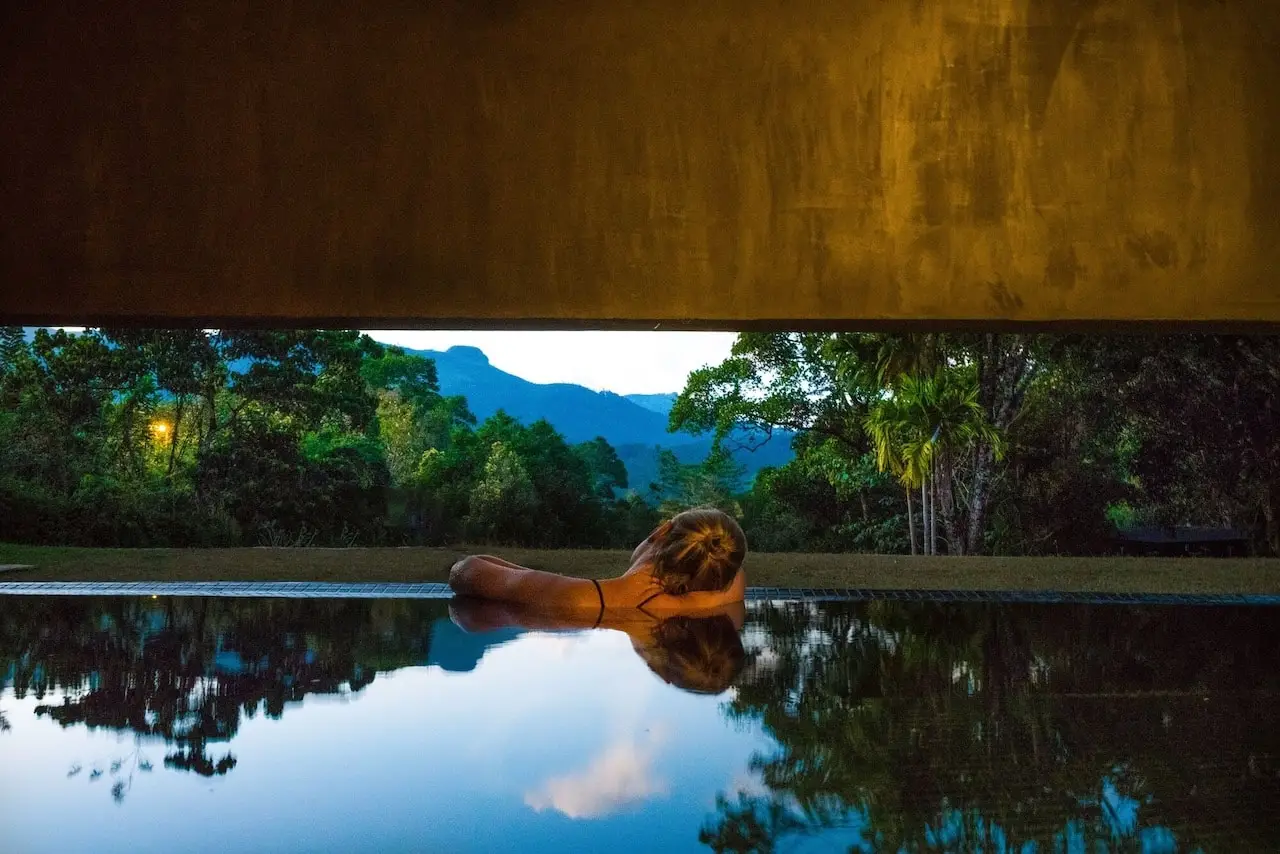
When we allow our minds to wander, we unlock innovative thinking. Some of the greatest ideas in history were born in moments of rest—Einstein’s theory of relativity came to him while daydreaming, and countless writers, musicians, and visionaries credit their best work to quiet reflection, not frantic activity.
So, why do we resist rest? Because hustle culture has conditioned us to see stillness as laziness. But the reality is this: Rest isn’t a break from progress—it’s the fuel for it.
Reclaiming Rest as a Radical Act
To rest in a world that glorifies overwork is rebellious. It requires us to challenge deeply ingrained beliefs about worth and productivity. It demands that we set boundaries, say no, and prioritise our well-being over societal expectations.
Radical rest doesn’t mean doing nothing; it means choosing restoration with intention. It could be a midday pause in the sun, a quiet evening walk, or simply allowing yourself to read without guilt. It’s about quality over quantity, depth over speed.

The next time someone asks, “How have you been?” try answering with something unexpected: “Well-rested.” It might just start a revolution.
Because in the end, success isn’t about how busy we are. It’s about how well we live. And a well-lived life? That requires rest.
Image credit: Annie Spratt on Unsplash

